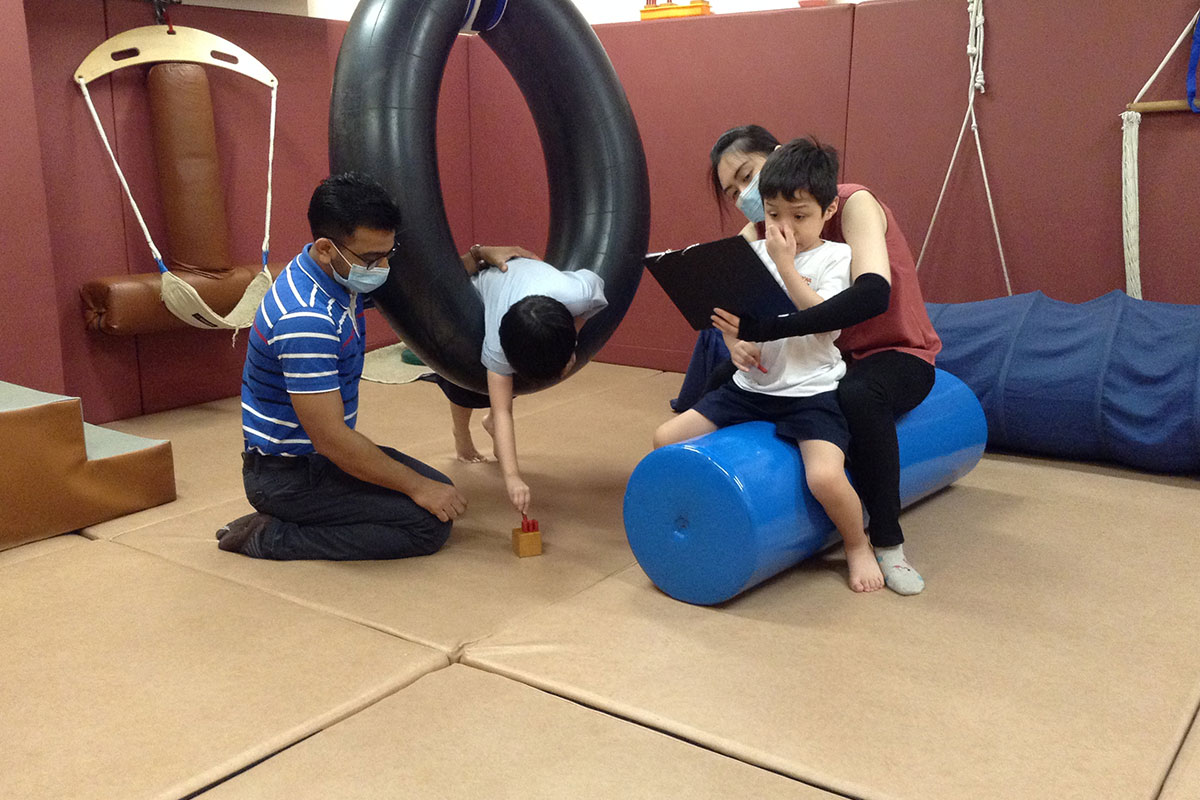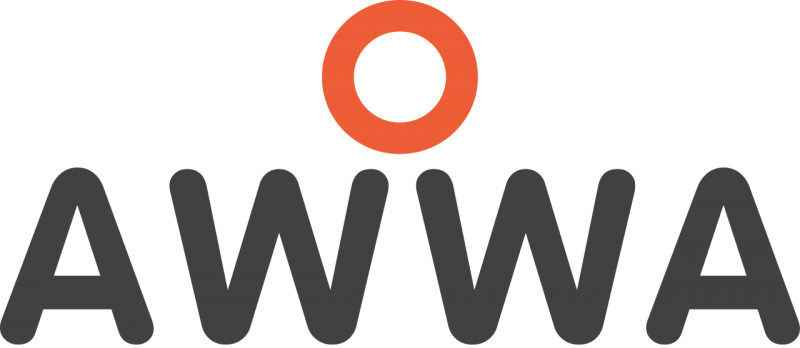Allied Health Professional Services

Therapy Department
Our Allied Health Professionals (AHPs) from various disciplines adopt a holistic and strengths-based approach to support students with additional needs.
We focus on functional goals and involve parents and caregivers, together with significant others in their lives, in therapeutic decisions. As part of the inter-professional collaborative process, we work closely with teachers and each other to provide our students with multiple opportunities across different contexts to work on targeted areas.
We screen all students, with those who face more challenges further assessed by relevant therapists in our team, and follow up more closely with specialised discipline-specific interventions tailored to each student’s needs in group or individual settings.
Therapy is ultimately aimed towards maximising students’ participation in school and activities that matter to them, as well as fostering independence, inclusion and integration of our students in the community.
Occupational Therapists (OTs) mainly assess and work on socio-emotional skills, activities of daily living skills, perceptual-motor, gross and fine motor skills through child-directed occupations such as play, curriculum-based and work-based tasks and activities. Furthermore, for children with identified sensory challenges, decreased hand functions, and limited food preferences, specialized clinical interventions are in place to address these challenges. Our Occupational Therapists also work on adapting or modifying the environment, providing accommodations to support increased access and participation, as well as assisting in the post-graduation transition.
Speech Therapists (STs) work with students who benefit from additional support to enable them to communicate effectively in functional, meaningful ways. Our Speech Therapists assess and provide interventions to develop the student’s understanding and use of language and support their use of multimodal forms of communication. These include Augmentative and Alternative Communication (AAC), speech, vocalisations, and gestures. In addition, our Speech Therapists support students in addressing social communication, feeding and swallowing issues.
Physiotherapists (PTs) work with students with difficulties in physical activities, such as walking or jumping. These challenges may limit their ability to participate in classroom or extracurricular activities. Interventions are targeted at increasing the student’s ability to maximise their participation in these activities and are not limited to issues caused by neurological conditions but cardiopulmonary and musculoskeletal conditions.
In Music Therapy, music is used to promote learning and skill acquisition in non-musical domains. As such, music therapy can address students’ social, communication, behavioural, emotional, physical and cognitive development. The Music Therapist (MT) can also work collaboratively with other professionals, such as Speech Therapists, Physiotherapists or Occupational Therapists, to address the needs of the students. Music Therapy is also a non-verbal medium that can help address students’ emotional needs arising from trauma, sudden life transitions, bereavement, etc.

